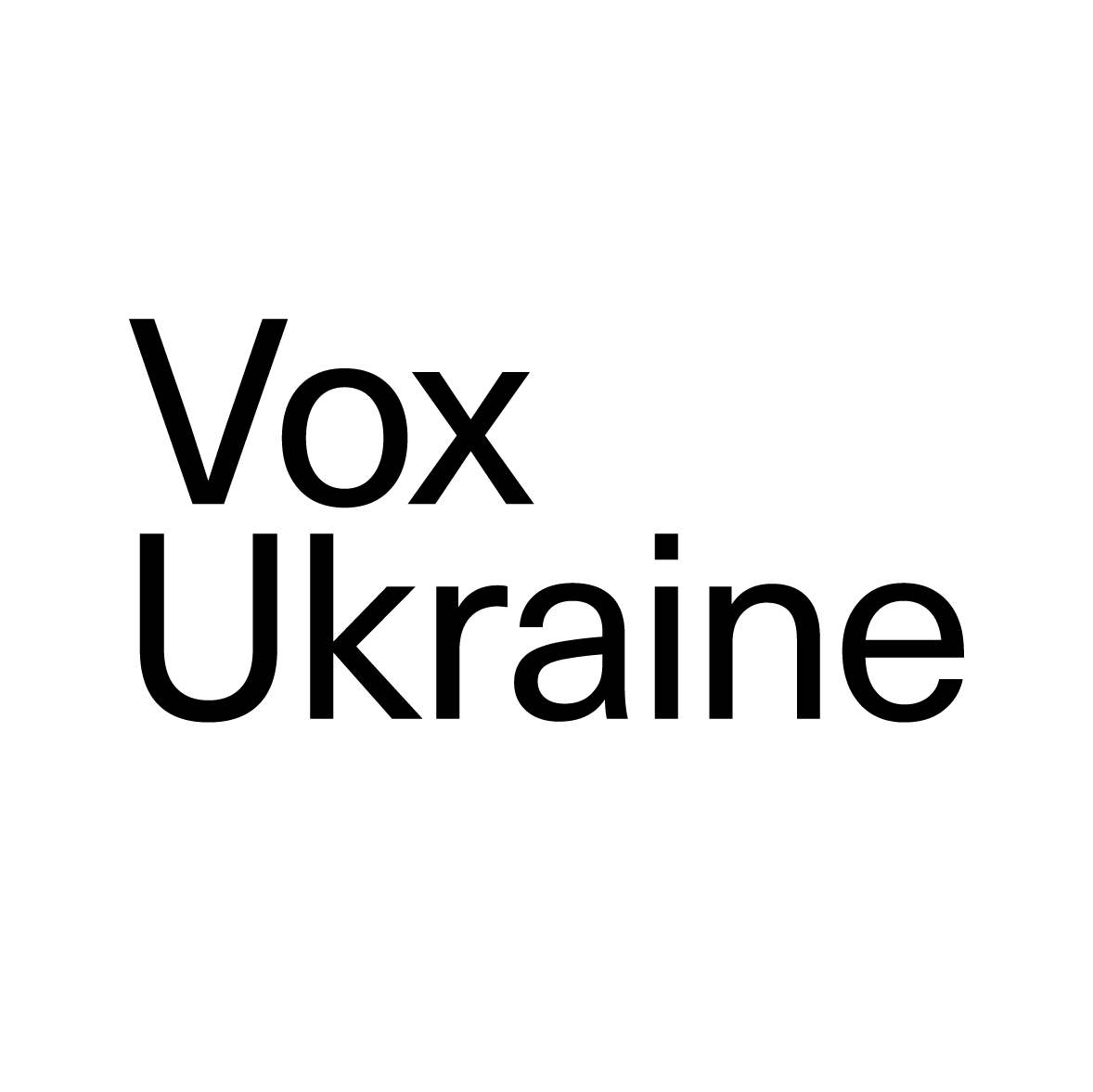You are tired of vacations? Your brain craves for some informative content? We are here to help you! Let’s recall the best articles by VoxUkraine (the readers’ choice!) for the last couple of months.
1. Ukrainian Catastrophe: No Large Group of People Has Seen Its Income Grow Compared to 1989
(By: Sergei Guriev, Chief Economist of the EBRD)
The European Bank of Reconstruction and Development (EBRD) has produced a large-scale “Transition Report 2016-2017”, which considers in detail how the transition to a market economy has affected the welfare, life satisfaction and even the height of the population of transition countries. In Ukraine, the report was presented by Sergey Guriev, the EBRD’s Chief Economist. VoxUkraine has recorded his lecture that took place on November 23, 2016, at Kyiv School of Economics
2. Bad decisions: how to build the poorest country in Europe
(By: Daria Marchak, Mykola Magkiy, Oleksandr Yaroshchuk. With participation of: Lubomyr Humaniv, Anna Gusak)
For all it’s resources, Ukraine is an unreasonably poor country. According to the World Bank, in 2015, the gross income per person was equal to $7,450 USD (according to PPP – Purchasing Power Parity). This is lower than Iraq, Mongolia, Albania and 109 other countries. In the last 25 years, this figure has decreased by 23% and Ukraine has dropped from the 55th to the 112th position in the World Bank index. During this time, all the countries neighbouring Ukraine, except for Moldova, were more successful in their economic development. To answer why, VoxUkraine has researched and discovered the seven most damaging and destructive decisions that Ukrainian government officials have taken in the last 25 years of independence.
3. Ukraine: Time to sever IMF’s lifeline?
(By: Olena Bilan, member of the Editorial Board of VoxUkraine)
Ukraine’s improving economic situation creates a feeling of no urgency in further IMF financing. This view is not justified if one looks at the three-year horizon. Ukraine faces $14bn of external debt payments over the next three years, with half of them in 2019 – a year of presidential and parliamentary elections. Foreign currency reserves that the country has accumulated have to be built up further, rather than spent. Otherwise, Ukraine’s economy may appear on the brink of another economic crisis right before the election year, which may have a dramatic effect on the country’s development trajectory post-2019.
4. Four Steps to Ukraine’s Freedom, or A Plan for Taming Ukraine’s Oligarchs
(By: Neil A. Abrams, University of California, Berkeley, M. Steven Fish, University of California, Berkeley)
The prescription for taming Ukraine’s oligarchs that we propose may seem radical. But it is nothing new. Even in early-modern Europe, emerging states tamed grasping nobles and corrupt mercantilists by attacking their economic privileges, hiring competent administrators, and, when necessary, employing a bit of coercion. Doing this in Ukraine would be difficult, but certainly not impossible. It is up to the people of Ukraine to make the first step.
Get inspired before the work week!
Main picture: depositphotos.com/SIphotography
Attention
The authors do not work for, consult to, own shares in or receive funding from any company or organization that would benefit from this article, and have no relevant affiliations



